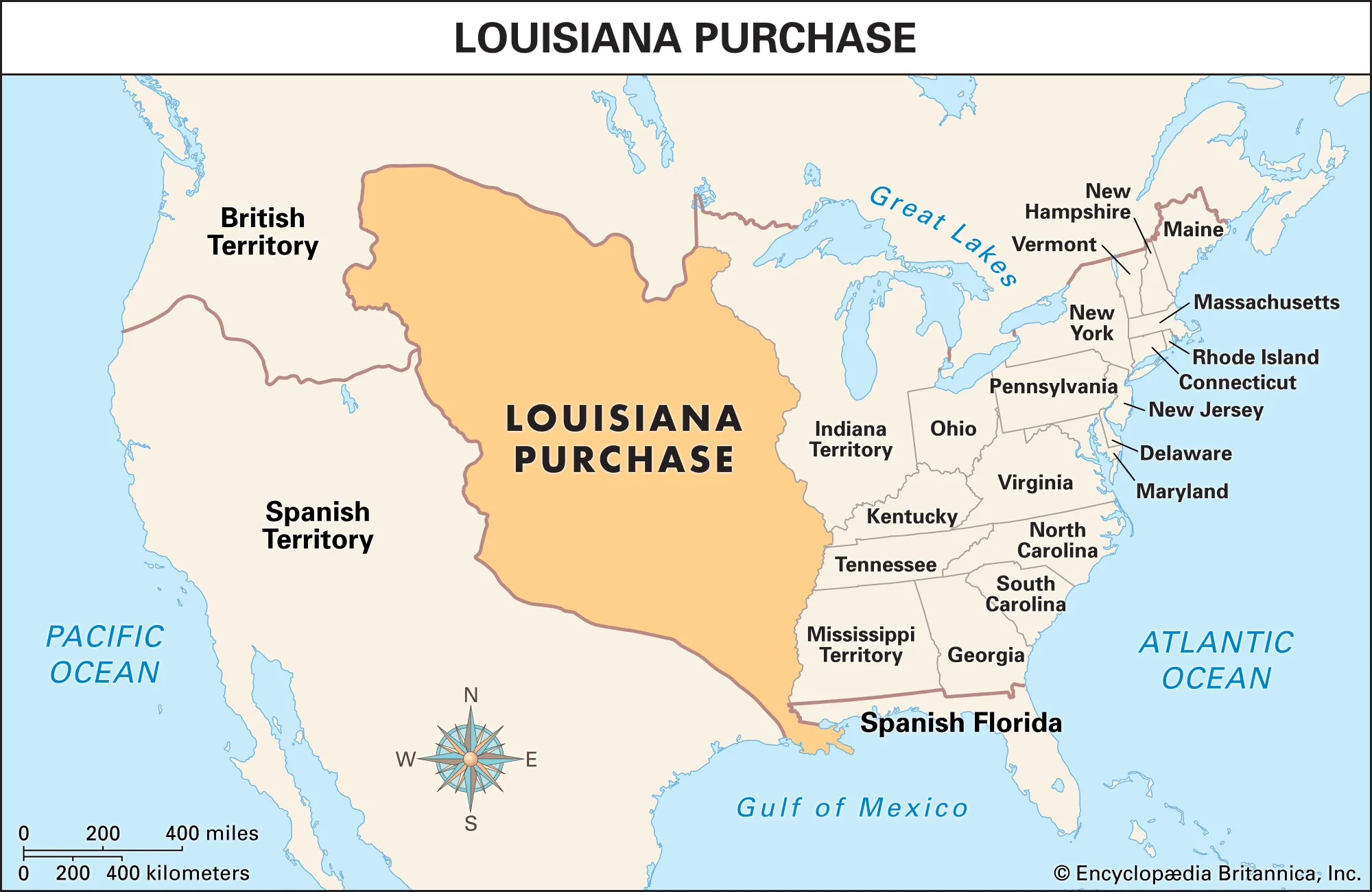In my previous assignment, I covered some of the acts that angered the colonists, like the Intolerable Acts. In this assignment, I will look at how that led to the Revolutionary War and what happened during the war.
At the Continental Congress in 1774, the delegates met to discuss the Intolerable Acts and they called for a repeal from Parliament. They encouraged the colonists to start accumulating weapons and training a militia in the case that Parliament did not repeal the acts. And it sure was a good idea that the colonists did this, because Parliament refused to repeal.
Following this, many skirmishes broke out, including the Battle of Lexington. This was hardly a battle, but it marked the start of the war. Captain John Parker had a group of 80 men, while the British had a much larger group. Neither of them expected to actually fire, but as the tensions grew, a shot rang out. The British responded by chasing the militia, who fled. To this day, nobody knows who fired the first shot.
This battle was followed later by the Battle of Concord. This was when Paul Revere made his famous ride. He came from the Battle of Lexington to warn the colonists of the British who were coming to attack Concord.
The Americans won that battle, as the British had lost their element of surprise. The British now had a long march back to Boston, while being harassed by the American troops.
Benedict Arnold, a famous American general who later switched to the side of the English, led the colonial army to Fort Ticonderoga, where they captured the fort and acquired a large amount of artillery. They marched farther north into Quebec, capturing more supplies along the way.
The colonists won the Battle of Valcour Island, a naval battle that showed that the colonists could stand up to the powerful British navy and survive.
Around 1776, the same year when the Declaration of Independence was signed, the French secretly started supporting the Americans. They provided much needed troops, and the Marquis de Lafayette came from France. He was a key component in the successes of the colonial army, and his training tactics were very successful.
The English won the cities of New York, Boston, and Philadelphia, but in 1777, the Americans turned the tide. They won the Battle of Saratoga, where 5,700 British troops surrendered to the colonial army.
The war then started going back and forth, with the British winning some and the Americans winning some. The French declared themselves allies of America in 1778. The British tried to gain the upper hand by taking over much of the South, where they won a decent number of battles. But the Americans allied with the French were much too strong, so in 1781, General Cornwallis surrendered his troops, which was followed by a peace treaty called the Treaty of Paris in 1783. The war was over, and America had won their independence!
